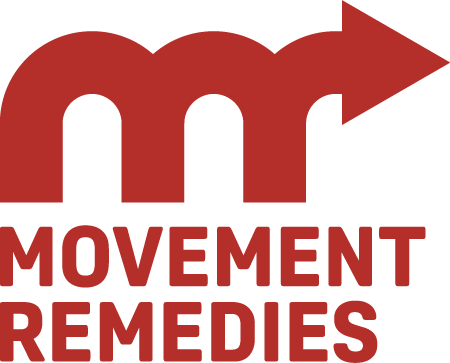Pilates and Healing, as Told by a Trauma Survivor
As part of my ongoing research in support of my forthcoming book, I have been making my way through Bessel Van Der Kolk’s The Body Keeps the Score. Though I don’t often deal explicitly with PTSD in my movement sessions, trauma and injury often go together and Van Der Kolk’s research has heavily influenced me. I think many of us who have discovered his book in recent years have found that his explanations of the physical ramifications of fearful or destabilizing events are extremely validating. For so long Van Der Kolk’s work was considered controversial, even “fringe” theory. And yet we know intuitively that our bodies feel different when they are in a state of panic or fear.
I say “making my way” through the book because a lot of the content is heavy. I find that I can read a few chapters and then I often need to go for a jog or listen to music or do something that takes my focus elsewhere. As an empath, even the stories of the traumatic experiences of others start to show up in my gut so I have to take them in small doses.
In a recent chapter in the second half of the book, Van Der Kolk takes time to talk through a particular trauma survivor’s story of recovery. It was a moving exploration of her incremental journey toward peace. In the story, the patient mentions that she started to take Pilates. And she says the following:
“...Through Pilates, I found a stronger physical core, as well as a community of women who willingly gave acceptance and social support that had been distant in my life since the trauma. The combination of core strengthening–psychological, social, and physical–created a sense of personal safety and mastery, relegating my memories to the distant past, allowing the present and future to emerge.”
I was stunned. While I know Pilates to have been a powerful movement therapy for so many, I never expected to see it figuring so prominently in a popular book of psychology and trauma recovery. To me this encapsulates everything I wanted Movement Remedies to be when I launched the business: not just a place where the exercises build strength and confidence but also where the shared experience of chronic pain and all the feelings that come with that would create a supportive community that came with its own distinct benefits.
Social isolation is a known predictor of and contributor to chronic pain. And we are still grappling with the aftermath with the most significant period of extended isolation in our lifetimes. For some, it was months before they saw, let alone felt the supportive touch of, another human being. This matters. And Pilates can be all of these things. It can be a pathway to self-assuredness through strength and balance. It can be a means of reconnecting to our center through a focus on connecting mind and body. The profound connection to our “core” through the Pilates repertoire encourages a grounding and sense of inner stability that can be nurturing in any number of ways. And when done alongside a supportive community–life-changing healing is possible.
I knew all these things to be true, but I couldn’t believe it was just right there on the page in someone else’s words–completely unprompted. It isn’t as if this is a book about Pilates and the author explicitly asked “What does Pilates mean to you?” In the midst of this patient telling her harrowing and lengthy journey from suffering to recovery, she described Pilates as essential to progress. I couldn’t have said it better myself.
